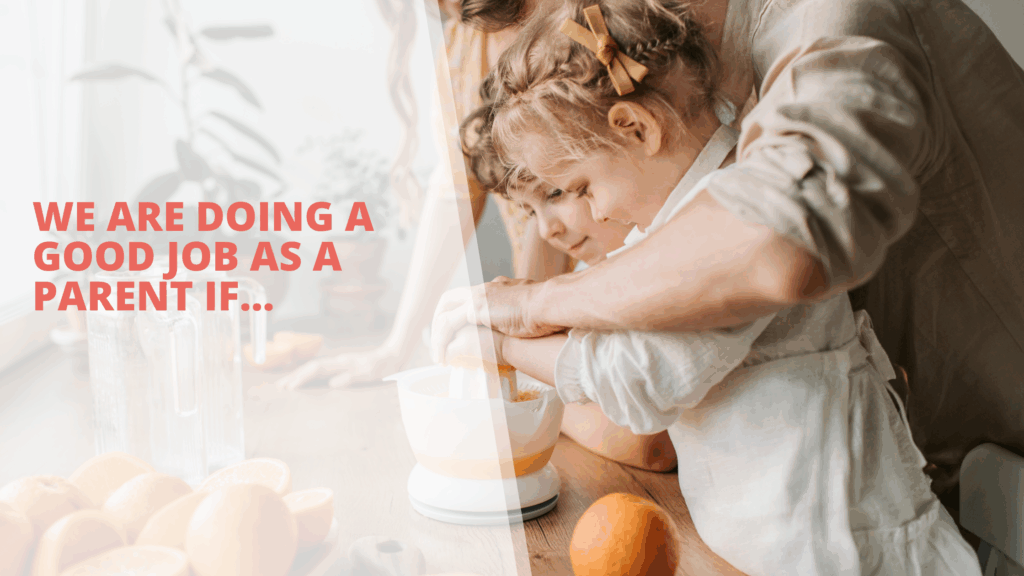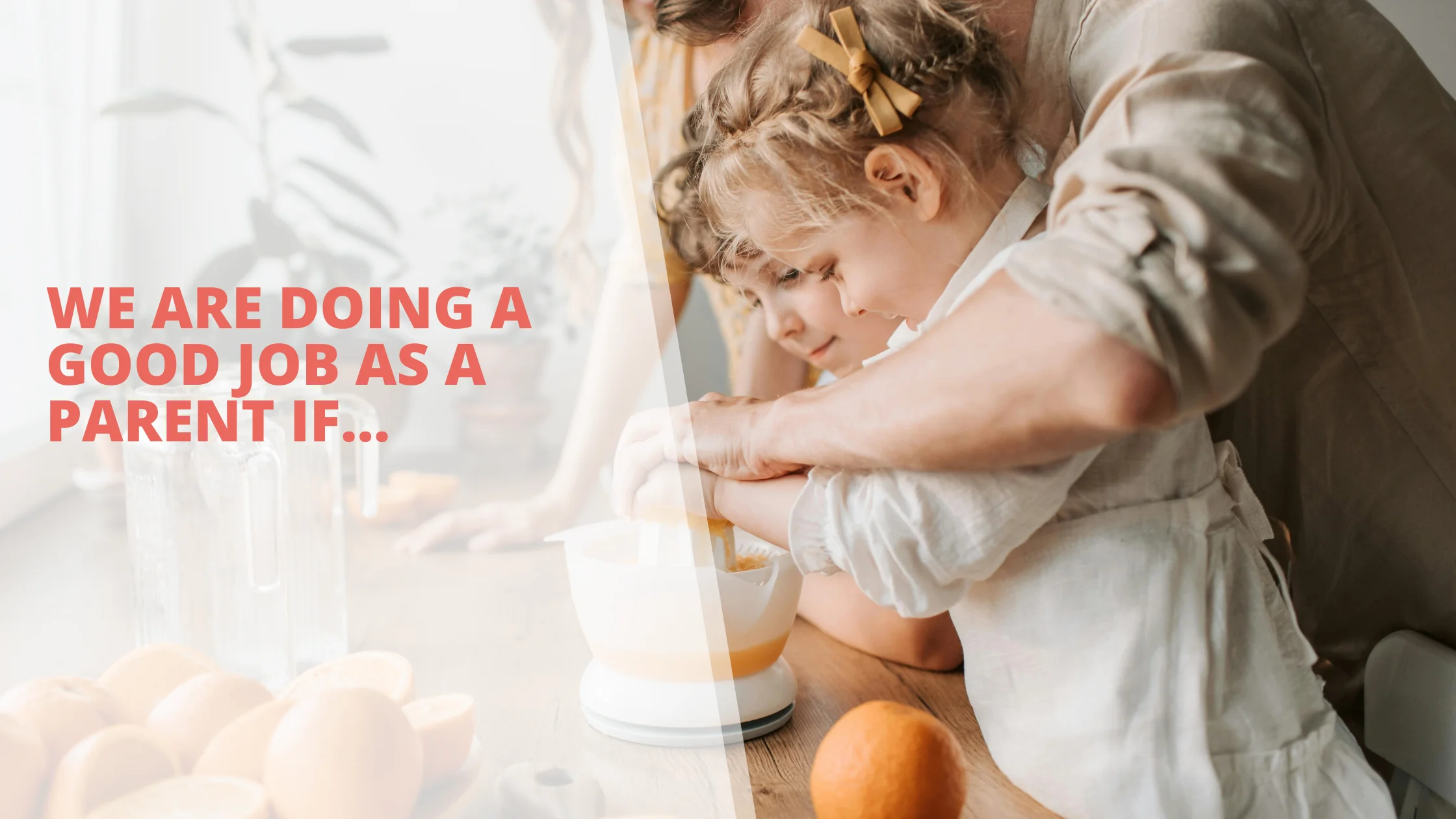
Speaking to parents with children of all ages, I hear these words often:
“Am I really a good parent?”
“What does it take to be a good parent?”
“I feel like I’m failing as a parent.”
When someone says that last one — “I feel like I’m failing” — I gently say this:
“You’re only failing as a parent if your child doesn’t know they are loved.”
That’s it.
You can provide the biggest house, the flashiest car, and mountains of food. But if your child doesn’t know they are loved — not just told but feel it through your actions — then something vital is missing.
Being a parent isn’t about giving them everything they want. It’s about providing what they need. And what every child needs most — regardless of age — is love.
Love, Connection, and the Science Behind “Good Parenting”
Research consistently shows that warmth, responsiveness, and emotional connection are far more influential on a child’s wellbeing than material comfort.
A 2020 Harvard University study on family connection found that children who regularly share meaningful conversations with parents show higher emotional intelligence, stronger mental health, and better resilience. Similarly, Deakin University’s 2023 Family Wellbeing Study highlighted that children who feel heard and emotionally supported at home are more likely to manage stress, maintain healthy relationships, and have higher self-esteem.
What does this tell us?
It tells us that connection — not perfection — is what matters most.
We are doing a good job when we listen without interrupting, when we apologise when we get it wrong, and when we create safe spaces where our kids can speak honestly — even when it’s hard to hear.
Creating Space for Their Voice
One of the most powerful ways to show love is to give your children a voice.
At The Table Talk Project, we see this every day through our Back at the Table web app — a simple tool that helps families have structured conversations using “Entrée,” “Main,” and “Dessert” questions.
It’s not just about talking — it’s about listening. When a child shares a story, a worry, or a dream around the table and feels truly heard, it shapes their sense of self-worth. They begin to understand, “My voice matters. I matter.”
Parents often tell us that these conversations have changed the dynamic at home — that their kids are more open, dinner feels calmer, and even teenagers are joining in. It’s not magic. It’s simply what happens when love meets listening.
So How Do You Know You’re Doing a Good Job?
You’re doing a good job if:
- Your children know they are loved — not because you say it, but because they feel it.
- You make time to connect, even when life is busy.
- You listen more than you lecture.
- You keep showing up — messy, tired, imperfect, but still present.
Good parenting isn’t about having all the answers. It’s about building a relationship that says, “You belong here. You are safe here. You are loved here.”
Final Thought
If you’re reading this and wondering if you’re doing enough — you are. The fact that you care enough to ask already says you’re the kind of parent your child needs.
Let’s redefine success in parenting: it’s not about perfection. It’s about presence, love, and creating space at the table — a space where every voice, especially your child’s, is heard.
“You’re only failing as a parent if your child doesn’t know they are loved.”
For more blogs on parenting make sure you subscribe. Each week it will come to your inbox.
Keep up the amazing work and be kind to yourself.

